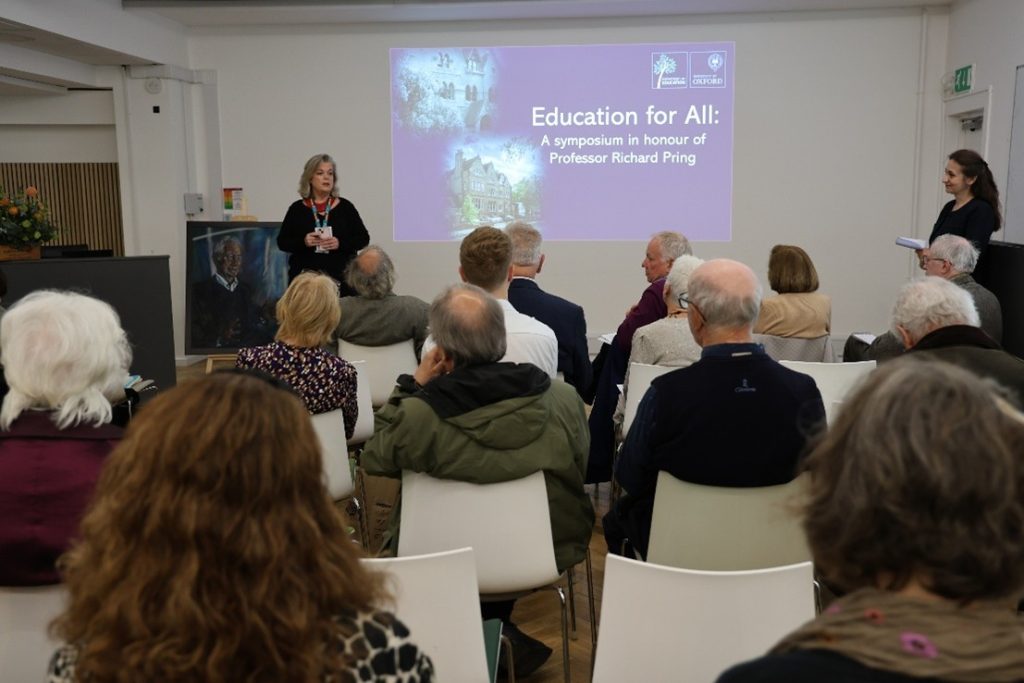The government plans to increase free nursery eligibility to the poorest 40% of two-year-olds
New research by Oxford University for the Sutton Trust concludes that clear developmental benefits for the poorest children require good quality provision which is not yet available for all 92,000 two year-olds taking up nursery places in England.
Sandra Mathers, Kathy Sylva and Naomi Eisenstadt, from the University’s Department of Education, conclude that current levels of quality may not be adequate to deliver an expansion of free nursery places as planned by the government. The government has announced that eligibility will extend from one-fifth to the poorest two-fifths of two-year-olds from September 2014. This will increase eligibility from 130,000 to 260,000 children a year.
The Sound Foundations report, published by the Sutton Trust, argues for improvements to the qualifications and training of early years workers, and other changes to boost the language and social development of poorer children.
The researchers estimate that more than 20,000 practitioners will need to complete additional qualifications to bring all childcare workers up to the standard required to provide good quality care (A-level equivalent). On current trends many of the early years workers needed to expand provision are likely to be childminders, who tend to be less well qualified than workers in nursery settings, says the report. There are currently no legal qualification standards for childminders, and four in 10 do not have a childcare qualification equivalent to A-levels. The researchers also suggest increases in pay to reflect new qualifications and to raise the status of early years workers.
The research draws on international evidence that demonstrates the importance of the right environments for young children to support development during the first three years of life. During these early years, babies and young children experience phenomenal growth in brain development, and in their understanding of themselves and the world around them, say the researchers.
The report sees the plan for free early education places for disadvantaged two-year-olds as ‘one of the most ambitious government initiatives in recent years, and one which is based on sound research evidence demonstrating the benefits of early years provision for children from less well-off families’.
However, the researchers conclude that much current provision is not yet good enough for the poorest fifth of children. It argues that ‘delaying the roll-out would enable current good quality provision to focus on catering for the most deprived 20% of two-year-olds, whilst allowing the time and funding to ensure that sufficient good quality provision is available to meet the needs of the 40% before this is offered as a legal entitlement.’
Kathy Sylva, Professor of Educational Psychology at Oxford University, said: ‘Our report demonstrates how important it is to get early years care right. Research shows that good quality childcare can reduce behavioural problems and increase language skills among disadvantaged toddlers. However, there is strong evidence that if the childcare is of poor quality there is no real benefit. We know that qualifications for childcare workers are important for quality therefore the government should first invest in raising standards before expanding the number of free places available to two-year-olds.’
Further information:
http://www.ox.ac.uk/media/news_stories/2014/140122_1.html
http://suttontrust.org/sound-foundations-report/
http://www.nurseryworld.co.uk/nursery-world/news/1141681/shortage-quality-childcare-scheme-risk
http://www.thesundaytimes.co.uk/sto/news/article1364977.ece








